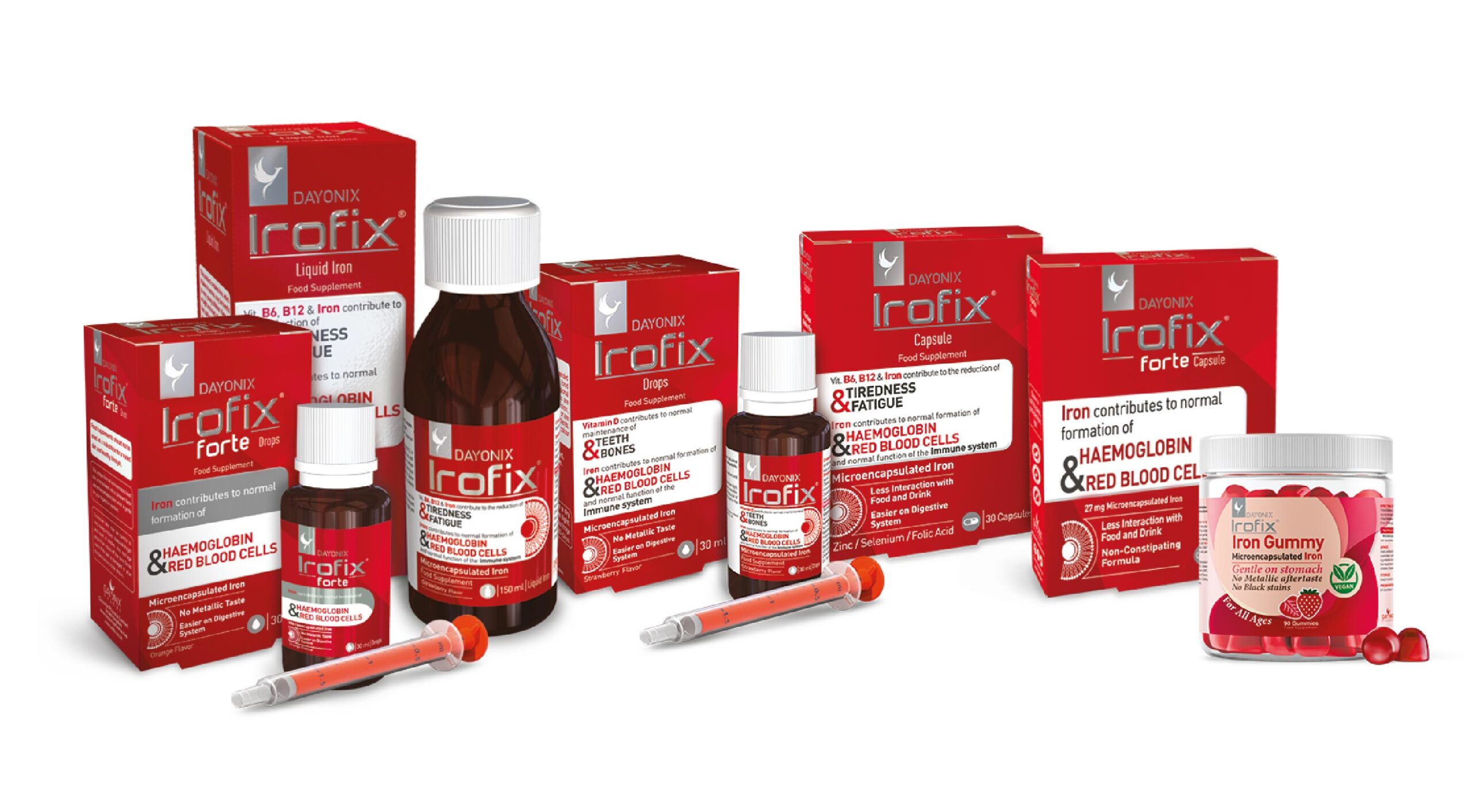
Iron Supplements: Benefits, Types, and How to Choose the Right One
March 1, 2025Iron, a vital mineral for the body, is instrumental in maintaining overall health. When dietary sources fall short or absorption is impaired, iron supplements become essential. This article delves into the significance of iron supplements, explores various types, and sheds light on diverse forms, including drops and syrups.
What Are Iron Supplements?
Iron supplements are designed to bridge the gap between dietary intake and the body’s iron requirements. They play a crucial role in addressing deficiencies and supporting vital functions, particularly when conditions like iron-deficiency anemia are present.
Why Take Iron Supplements?
- Combatting Anemia: Iron, a key component of hemoglobin, is pivotal for oxygen transport. Iron supplements are crucial for addressing iron-deficiency anemia and ensuring optimal oxygen delivery.
- Enhancing Energy Levels: Adequate iron supports energy metabolism, alleviating fatigue and weakness associated with iron deficiency, contributing to overall vitality.
- Supporting Growth and Development: Iron is vital for growth, especially in children, adolescents, and pregnant women. Supplements play a crucial role in meeting increased iron demands during critical life stages.
Read more at Who Needs Iron Supplements? A Comprehensive Guide
Types of Iron Supplements:

- Ferrous Iron Compounds:
- Ferrous Sulfate: Cost-effective and widely used, may cause gastrointestinal side effects.
- Ferrous Gluconate: Gentler on the stomach, causing fewer digestive issues.
- Ferrous Fumarate: Well-absorbed, with a higher concentration of elemental iron.
- Ferric Iron Compounds:
-
- Ferric Citrate: Lower elemental iron content, well-tolerated by those with sensitive stomachs.
- Ferric EDTA: Primarily used in intravenous iron therapy.
-
- Microencapsulated iron: The Future of Supplementation
Involves coated iron particles with a protective layer. This technology enhances stability, promotes controlled release, and minimizes side effects, ensuring efficient and well-tolerated iron supplementation for various health needs.
Forms of Iron Supplements: Which One is Best for You?

- Tablets and Capsules:
- Convenient and widely available.
- May cause gastrointestinal discomfort in some individuals.
- Liquid Iron:
Available as drops and syrups.
Ideal for those who have difficulty swallowing pills and children.
- Iron Drops:
- Suitable for infants and young children.
- Easily administered and absorbed.
- Iron Syrup:
- Offers a palatable option for children and those with difficulty swallowing pills.
- May contain added flavorings to enhance taste.
- Injectable Iron:
- Administered through intravenous or intramuscular injection.
- Reserved for cases where oral supplementation is impractical or ineffective.
- Gummy Iron:
- Perfect for both kids and adults
- Easy to chew, delicious to enjoy
Conclusion
Understanding the different forms of iron supplements allows individuals to choose options aligned with their preferences and needs. Injectable iron, in particular, becomes a crucial alternative for cases where oral supplementation is challenging. It is important to note that injectable iron should only be administered under the supervision of healthcare professionals.
For personalized advice on iron supplementation, consulting with a healthcare professional is advisable.

References:
- National Institutes of Health. (2021). Iron.
- World Health Organization. (2021). Nutritional Anaemias: Tools for Effective Prevention and Control.